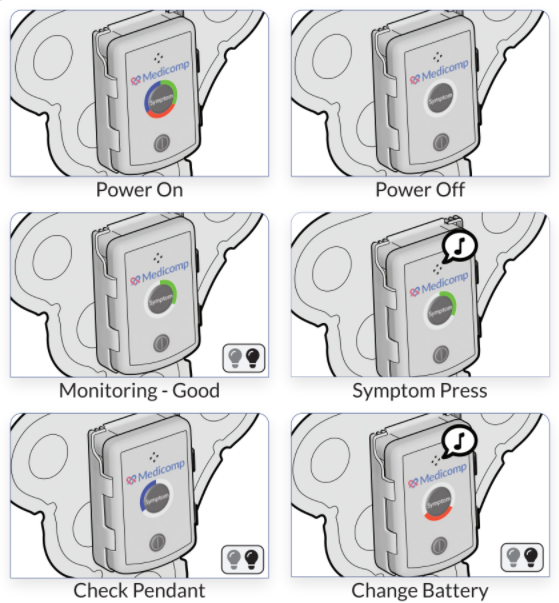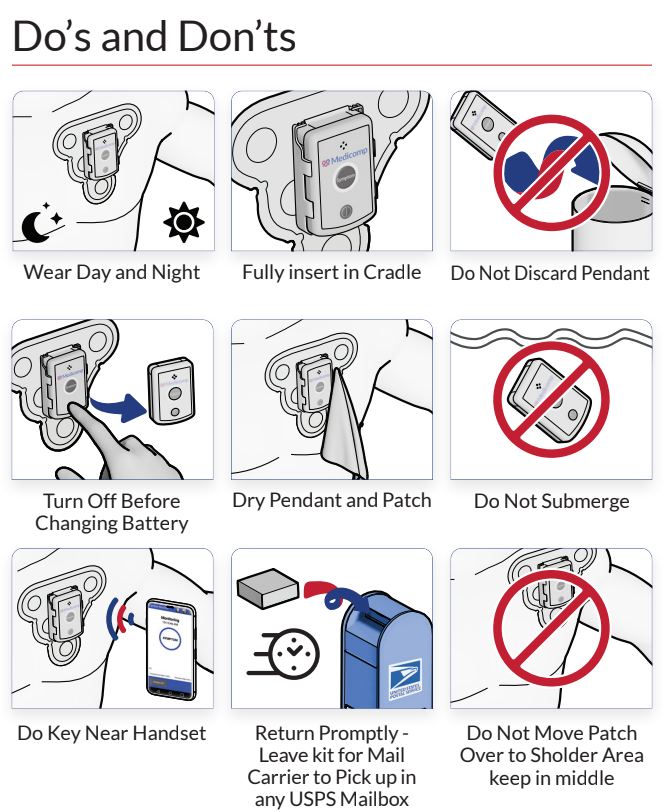Vitamin D has long been recognized as promoting healthy bones, but a recent study has recently linked vitamin D with cardiovascular health. In particular, those with low levels of vitamin D were more likely to suffer from heart failure and coronary artery disease. ReactDx, the cardiac event recorder leaders, present this information on how vitamin D affects heart health.
Coronary artery disease and heart failure are both life-threatening diseases, and every year more and more people fall victim to one or both; current estimates are 1 in 9 people will suffer heart failure. According to research, simply soaking up a little sunshine may help prevent these ailments.
Unlike other vitamins, which are primarily found in foods or supplements, most vitamin D is synthesized in our skin after sun exposure. As it’s absorbed, the body sends this nutrient through the bloodstream to all parts of the body. Along the way, vitamin D interacts with blood vessels and is delivered to the heart.
But how does vitamin D help your heart? To answer that, you first have to ask yourself what happens during a heart attack. A heart attack occurs when a blood vessel in the heart becomes blocked. The area beyond the blockage no longer has a blood supply, which prevents oxygen from reaching that part of the heart tissue. The blocked area soon has hormones rushing to the damaged heart tissue. Hormones trigger inflammation, causing scar tissue to form. When heart tissue is scarred, the heart cannot pump as efficiently, which increases the chance of heart failure.
This leads to our second question: “How can vitamin D help?” Vitamin D interacts with hormones and blocks a number of them from causing inflammation and scar tissue buildup. Without as much — or any — scar tissue, the heart can pump more effectively.
Knowing that cardiovascular diseases, which include heart attacks and coronary artery disease, are the leading cause of death worldwide makes you realize any small changes you make in your daily routine to prevent heart failure is worth it.
10 percent of today’s population has levels of vitamin D lower than normal, mostly because Americans are spending less time outdoors. The time we do spend outside is often under cover of sunscreen or protective clothing, which prevents vitamin D from soaking through the skin. As you age, your body soaks in less vitamin D, leading to more deficiencies in older patients. By knowing the facts, you can keep track of your vitamin D. Have your blood tested for vitamin D levels using a 25-hydroxyvitamin D test, and ask your doctor the best method for you to bask in the effects of vitamin D therapy.
If you believe you’re suffering from any cardiovascular problems, consult your physician and ask for a ReactDx cardiac event recorder to determine if your heart is beating irregularly. Take a look at ReactDx’s line of portable heart rate monitors and call them at 800-23-HEART.




